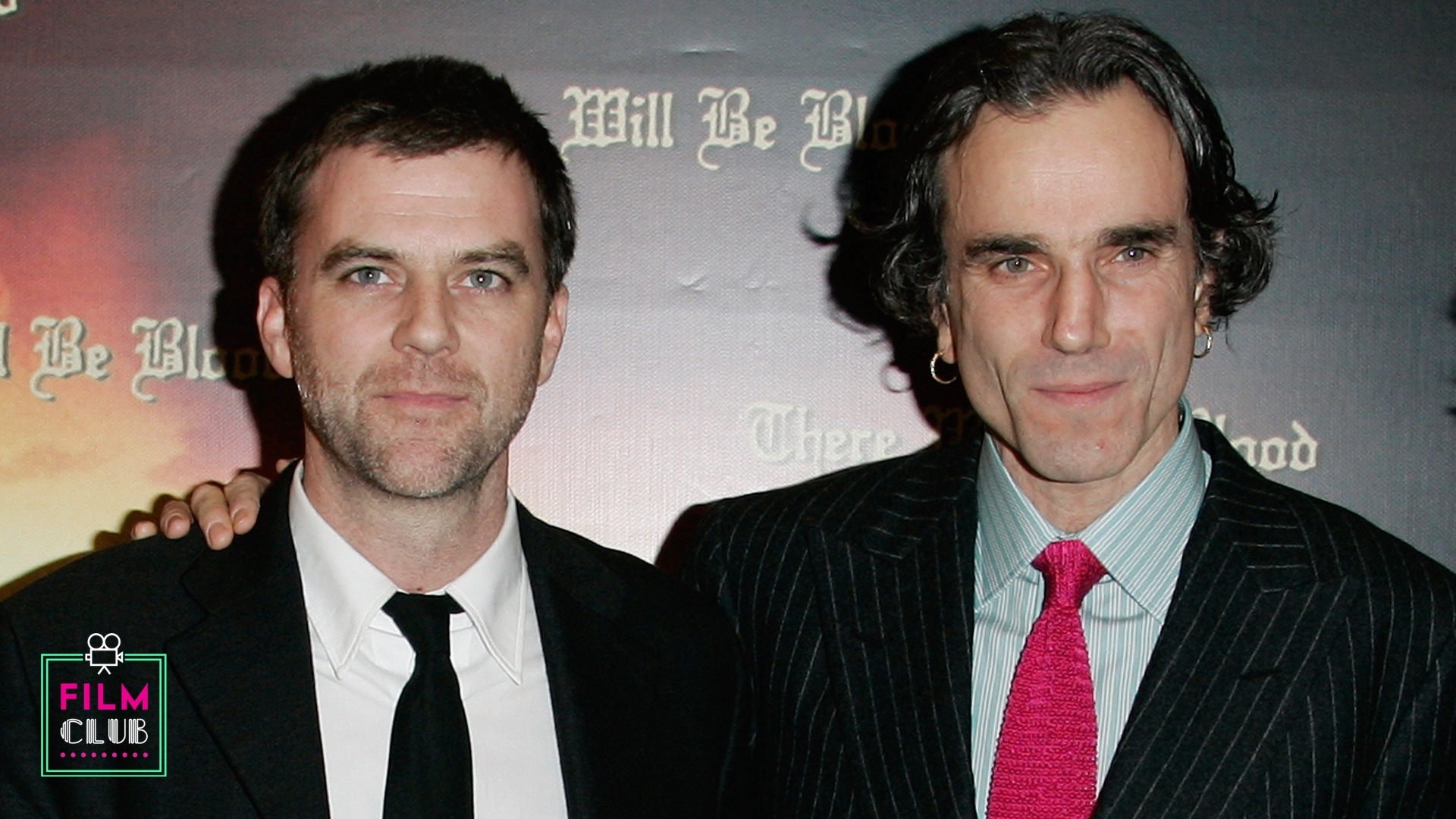Daniel Day-Lewis and Paul Thomas Anderson are a match made in obsessive heaven
On the third episode in our series, we talk There Will Be Blood and Phantom Thread

What happens when the reigning Method actor of our time joins forces with one of America’s most celebrated filmmakers? On the third installment in our four-part series on the films of Paul Thomas Anderson, critics A.A. Dowd and Katie Rife discuss the two towering collaborations between Anderson and three-time Oscar winner Daniel Day-Lewis: the oil-man epic There Will Be Blood and the fashion-world romance Phantom Thread.
You can hear the entire conversation in the episode above, or read a lightly edited excerpt down below.
Katie Rife: Here’s my question. What happened in Paul Thomas Anderson’s life between 2001 and 2007? Because, the style of his filmmaking changed, the tone of it changed. Just so much changed during that time. And what came out the other end is this really kind of nihilistic movie.
A.A. Dowd: Yeah. Five years separate Punch-Drunk Love and There Will Be Blood. Last week we discussed Punch-Drunk Love as kind of a transitional movie. It felt like the end of whatever you could call his style in those first three movies, and maybe the beginning of something else. But There Will Be Blood does not feel in many ways, like an extension of Punch-Drunk Love. In retrospect, that movie kind of feels a bit like an outlier.
Katie Rife: It does. It really does. Because, you know, like it’s less melodramatic than Magnolia. But in terms of being heavy in content, you know, they’re definitely more similar than the kind of like quirky, sweet Punch-Drunk Love, for sure.
…
A.A. Dowd: In previous episodes, we talked about how heavily Paul Thomas Anderson is influenced by [Martin] Scorsese, how heavily he’s influenced by Robert Altman. Those are those are two filmmakers who he’s very heavily indebted to. I think that the influence is shift a little bit in [There Will Be Blood].
Katie Rife: Yeah, the camera is much less mobile, and a lot of the dialogue scenes are shot in close up. There’s a lot of static close up.
A.A. Dowd: Which I think is that that Jonathan Demme influence that I think remains an aspect of his filmmaking. I see a lot of Kubrick in this film.
Katie Rife: Yeah, it’s still in the same way that Kubrick is still in certain shots. They just kind of breathe.
A.A. Dowd: Even the way that he fades in with the music [in the opening sequence] is a dead ringer for 2001. We’re seeing this kind of primordial desert. You know, [Daniel Plainview’s] out there chipping away.
Katie Rife: I mean, it is the birth of something.
A.A. Dowd: Right, right, it’s the sort of the origin story of modern American capitalism.
Katie Rife: And California, too. [Anderson] remains loyal to California, even when he’s going into the past.
Listen to Film Club above, follow us on Spotify, subscribe on Apple Podcasts, and consider giving us a five-star rating to help other listeners find us.